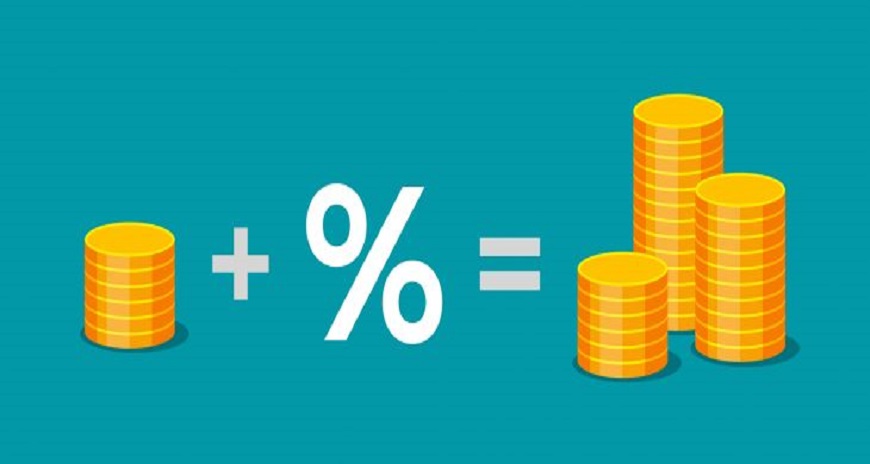On September 1, 2020, the Central Bank of Nigeria (CBN) in a circular signed by its Director of Banking Supervision, Mr Bello Hassan, said the interest rate on savings deposit in banks will be 1.25 per cent.
The rate was chopped to the level from the previous 3.9 per cent and this was greeted with criticisms from various sections, including the Nigerian Economic Summit Group (NESG), which questioned the rationale behind this policy.
The issue generated such reactions because it was at the same time the federal government approved the raising of electricity tariff in the country and a few days later, the pump price of fuel jumped toN160 per litre from N145 per litre.
One of the major reasons for the grumbling was that these policies were coming when residents of the country were just reopening their businesses. They have not been economically active for months because of the closure of their means of survival by the government due to the COVID-19 pandemic.
But the CBN, while reacting to the comments made by NESG, questioned the group’s credibility, especially under its current leadership, saying it “has fallen short of its own standards and become a shadow of its old self.”
The apex bank explained that it reduced the interest rate on savings deposit in the country for the good of the economy, noting that it noticed that some big companies, instead of expanding their operations so as to hire more workers, were putting the funds in the banks to generate more money.
Recently, the National Bureau of Statistics (NBS) said that over 27 million Nigerians were jobless in the country.
The apex bank said in order to address this unemployment issue, it had to discourage the dumping of funds in the banks to yield interest rather than pumping them into the economy to improve economic activities, which will then make the nation’s Gross Domestic Product (GDP) grow positively.
READ ALSO: GTBank Applies For Payments Firm, To Split Banking Operations Into Three
Business Post reports that at the second quarter of 2020, Nigeria recorded a negative GDP growth of 6.1 per cent and this was attributed to the global health crisis, which brought the economy almost to a standstill.
In the CBN’s response to NESG’s allegation of “price fixing” for savings deposit in the country, the banking industry watchdog said in an “ideal economic textbook/theory, saving should be equal to investment, we expected total deposits should closely mirror total loans.”
The central bank, in the response signed by its spokesman, Mr Isaac Okorafor, said it observed “an increasingly large gap between total deposits in the banking system and total credit to the economy” which necessitated the 1.25 per cent interest rate benchmark.
According to the bank, while total deposits stood at about N25 trillion in January 2020, total loans stood at N17 trillion and as of August 2020, the total deposits jumped to N29.7 trillion, while the total loans were only N19 trillion.
“Many rich cooperates have simply been content with saving their cash balances and collecting huge interest payments, rather than expanding their investment, which should lead to hiring more people and producing more goods.
“In other to forestall a continuation of this trend, the CBN had to act to discourage these practices for the good of the economy.
“In other words, the rationale for moving to reduce the saving rates by banks is actually to encourage more lending,” the CBN said in the statement.
Source: Business Post




